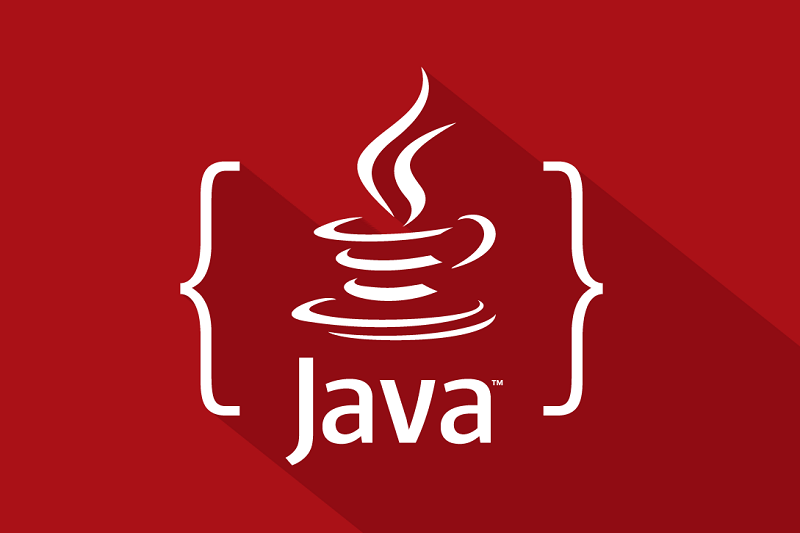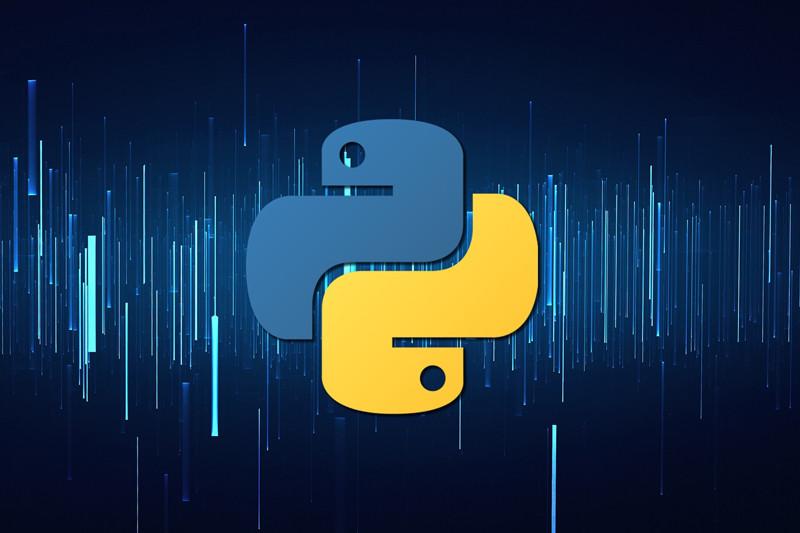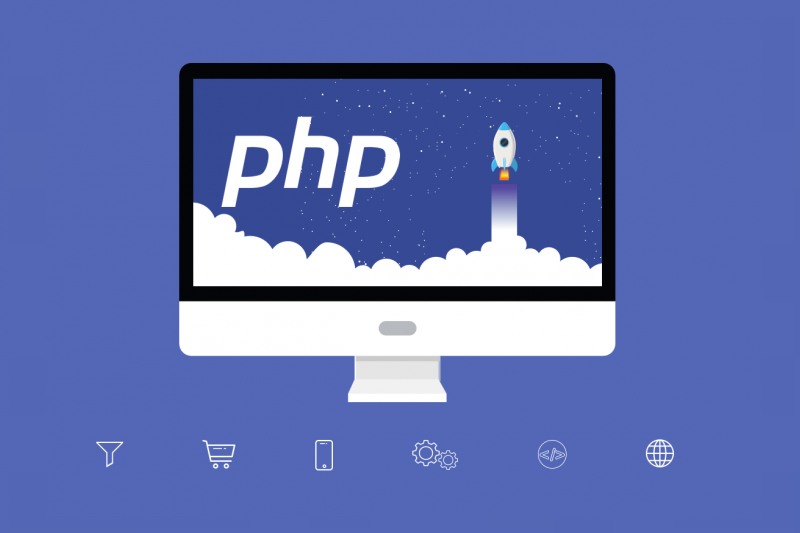10 Key Points to Boost Your Chances of Landing a Backend Developer Role
Backend Developers Are Highly Sought After By Companies, And Even Well-Known Companies Like Google And Apple Are Hungry To Attract These Specialists. Of Course, They Pay People Good Wages.
If you are a newcomer to the world of backend development, you have a difficult path ahead of you at the beginning, but with a little effort and good guidance, you can succeed quickly.
A professional backend specialist should have sufficient knowledge of coding languages, algorithms, and a wide range of programming tools.
Backend professionals have different web development and support specializations, but similar skills exist.
This article will teach you the top 10 skills you need to become a backend developer.
1. Backend programming languages
The first step is to think about learning programming languages to become a professional backend developer. Programming languages allow developers to communicate with computers and implement instructions and algorithms for computers to behave based on them.
All your applications and services are developed using programming languages, Java, Python, and PHP, being the most widely used.
Java

Java is a general-purpose programming language that backend developers use to develop applications and is the foundation of backend development. Java is one of the essential programming languages a backend developer must master.
Java is used to build complete applications that run on a single computer or may be distributed between servers and clients on a network. Also, it can be used to do small application modules for web pages. Java has garbage collection and automatic memory management mechanisms, allowing users to code applications confidently.
Java is a portable, high-performance language that explicitly supports object-oriented programming. Its syntax is easy to learn and fully scalable.
Python

Python is another strong language for backend developers and is partly famous because it is relatively easy to use and read. The simplicity of Python syntax allows users to work with more complex systems and enables different developers working on the same project to communicate efficiently.
Python supports various programming styles, including procedural, object-oriented, and functional, making it one of the most versatile backend languages.
Also, it has a data visualization mechanism that allows programmers to create clear and understandable reports. Like Java, its syntax is easy to learn.
PHP

Nearly 79% of websites are built directly or indirectly with PHP. PHP is not a good choice for building desktop applications, unlike Python and Java. This is to be used only for backend coding of web applications. PHP interprets the written instructions. As a backend developer, you should be familiar with several languages and fluent in at least one.
2. Knowledge related to popular frameworks
When you choose a language to learn, you should also familiarize yourself with the frameworks associated with that language. Web frameworks are designed to support the development of a web application and provide a primary mechanism so that backend developers can quickly write their applications in the language of their choice.
If your language is Java, you might use Spring or Micronaut. You might use Django or Flask as a framework if your language is Python. The
3. Data Structures and Algorithms
Backend development is data-driven, and as a backend developer, you must have a basic understanding of the processes, structures, and algorithms used to implement and display data. These include linear and binary search, hash code implementation, data sorting, stacks, queues, and lists.
4. Databases and CacheData
Database management systems interact with data structures. Databases are what websites use to store and organize large amounts of information. Database management systems (DBMS) define how developers use this information.
Today, various database management systems are available to backend developers, the most important of which are PostgreSQL, Oracle, and AWS DynamoDB. These tools manage large amounts of data and use a cache to collect concise user data.
5. HTML, CSS, and JavaScript
HTML, CSS, and JavaScript are the critical languages for frontend development. Frontend is wrong if you think they’re unimportant for backend developers to know.
HTML (Hypertext Markup Language) forms the skeleton of a website. Everything you see on the front is HTML-based.
CSS (Cascading Style Sheets) is a formatting language used to describe a document written in HTML. CSS deals with things like website colors, layouts, and fonts.
JavaScript makes it possible to add interactive and animated elements to sites and directly relates to HTML and CSS to give users an engaging experience when interacting with websites.
6. Getting to know the servers
Backend development is all based on server-side development. Therefore, you need to know enough about servers. A server is a computer or system that provides data, resources, and services such as file storage, security, and databases to computers or clients over a network. Apache, NGINX, and Microsoft’s IIS are some popular servers. Most of these servers support the Linux operating system, so knowing the basics of Linux is also very useful. The
7. Knowledge related to application programming interfaces (Knowledge of APIs)
APIs are an essential aspect of backend development. An Application Programming Interface (API) is an interface that allows different programs to talk to each other.
For example, when you use your phone to order something from Amazon, you connect to Amazon using an API. APIs are essential in building server-side architectures and sometimes replace complex programming to allow the software to communicate.
8. Version Control and Version Control Systems
Version control is essential to backend development because it allows you to track changes made to a website, application, or document over time. This is why knowledge of a version control system like Git is practical. You can easily access, edit, and restore the written code through a version control system.
9. Problem-solving
Backend development can be challenging and make this career path difficult for people who love coding, but problem-solving skills can simplify the process. My problem-solving ability helps; I look at a website’s issues from different angles and develop creative solutions.
10. Good communication and interpersonal skills
While there are opportunities for freelance work in web development and support, it’s still important to master soft skills. One of the most important ones should be the ability to communicate well and work in a team.
Backend development requires working closely with frontend developers and an entire group of experts to ensure that web application design goes smoothly. Therefore, having good communication skills is essential.
last word
As you can see, backend developers can learn many different skills. Of course, you don’t need to consider knowing all the skills initially. You can learn these skills over time with careful planning and continuous learning.
FAQ
What technical skills should a backend developer highlight on their resume?
Focus on server‑side languages (e.g., Java, Python, PHP), database management (SQL/NoSQL), APIs, authentication/authorization, caching, and cloud/deployment understanding.
How important are soft skills and side projects when applying for backend roles?
Very important—employers value clear communication, problem‑solving, teamwork and initiative. Side projects demonstrate your passion, practical experience and ability to deliver end‑to‑end solutions.
How can I prepare for a backend developer interview effectively?
Review system design basics (scalability, performance, databases), practise coding challenges in your language of choice, be ready to discuss past projects and explain how your work improved backend performance or reliability.
